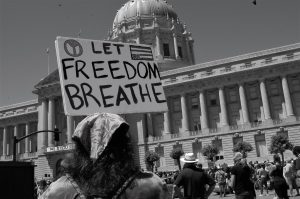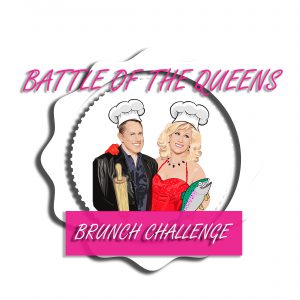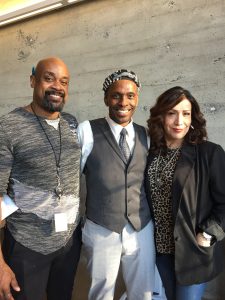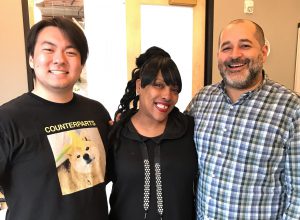Your health and safety are our top priority at PRC. During this COVID-19 (novel coronavirus) public health emergency, we remain steadfast in our mission to stabilize and champion the most vulnerable among us and to support adults of all ages who are affected by addiction, HIV/AIDS, mental health challenges, under or unemployment, and homelessness.
We are here for you now, providing services to meet changing needs and circumstances every day.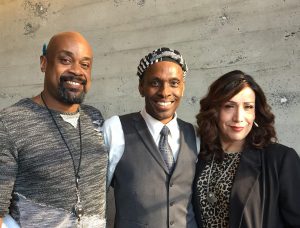
We plan to begin re-opening the Integrated Service Center in January 2021. Given that the majority of our clients are medically fragile and 17 percent are over age 60, we are working diligently to design alternative and safe methods for service access and ensure the health and safety of our clients and all vulnerable San Franciscans impacted by behavioral health disorders, HIV/AIDS, poverty and homelessness. PRC’s Executive Team is currently drafting policies and procedures to safely ramp up in-person support services, in compliance with the most up-to-date California and San Francisco Department of Public Health guidelines, and reignite the full complement of PRC’s resources, accessibility, and heart for staff, volunteers and clients alike.
Please do all you can to adhere to the City/State’s public health order to wear masks, social distance, and stay home as much as possible except for essential needs. Find details and read the public health order here. These are critical interventions to protect each other and reduce harm from the spread of the coronavirus in our community. Most of our clients, and many of our staff, are considered “vulnerable” during this public health emergency – making your adherence even more essential.
We will continue to keep this page updated with any changes to our protocols or service accessibility. Last revision 8/4/2020.
The following are considered essential services by the San Francisco Department of Public Health:
RESIDENTIAL SERVICES:
All residential programs are providing essential services to clients every day, 24 hours a day and operating under heightened COVID-19 safety protocols. Inside substance use and mental health residential treatment homes, supportive housing, and Hummingbird behavioral health and homeless navigation programs clients are Sheltering In Place and being educated on universal precautions. In accordance with the COVID-19 emergency order, residents will be not be discharged without a verified housing plan.
For information regarding intakes and eligibility, contact Emily Suma, Director of Intake at [email protected] or 415-864-1515.
EMERGENCY FINANCIAL ASSISTANCE:
Emergency financial assistance is operating on a limited basis. Direct referrals and inquiries to [email protected] or 415-972-0857 or [email protected] or 415-972-0858. Response will occur within 48 hours, during regular business hours.
Limited client drop in hours for assessment or paperwork completion is taking place three times weekly, from 1:00pm to 3:00pm on Mondays, Tuesdays, and Wednesdays at 170 9th Street in San Francisco. Protocols are in place to maintain proper social distancing of six feet between persons while waiting and during service exchanges. Clients, staff, and volunteers are required to adhere to social distancing practices and additional measures instituted to protect the health and safety of vulnerable individuals.
Checks for previously approved emergency fund grants will be available for pick up on Thursdays between 1:00pm and 3:00pm, as previously arranged.
The Mayor’s Office has issued policies about not evicting tenants or cutting off key utilities due to non-payment during this time, but steps may need to be taken by residents and tenants to secure these protections.
SUPPORTIVE HOUSING/CO-OP CASE MANAGEMENT PROGRAMS
Residents of Supportive Housing have REMOTE access to case managers during normal business hours and regularly scheduled support sessions to sustain treatment progress and stability, with increased, in-person and immediate services available as needed. The emergency on-call phone continues to offer support outside normal business hours. Clients are Sheltering In Place, being educated on universal precautions, and screenings for exposure are conducted during every client interaction, whether remote or in person, such that each client is being screened at least once per week. Residents will only be discharged if alternative permanent housing or higher levels of care have been secured.
For information regarding intakes and eligibility, contact Jessica Winterrowd, Project Director at [email protected] or 415-777-0333 x260.
The following non-essential services, as defined by the San Francisco Department of Public Health, are operating in limited capacities during the COVID-19 Shelter-In-Place Order and remotely, as possible:
LEGAL ADVOCACY
Services are operating REMOTELY, and we are in close contact with SSA field and hearing offices, keeping abreast of changes that may affect our clients.
Current clients: If you have a question about the status of your case, please reach out directly to your PRC Advocate by phone or email. We are doing our best to stay in contact with our clients, but please be patient if your representative does not respond immediately. If you do no know who your advocate is, please call PRC’s front desk at 415-777-0333, leave your call back number, and allow extra time for a call back.
Referrals and Intakes: For new client inquiries, please reach out to Alisa Jackson, Supervising Legal Assistant at 415-972-0815.
WORKFORCE DEVELOPMENT
Employment Services are operating REMOTELY.
Current clients: For individualized counseling and support services, please reach out directly to your PRC Specialist by phone or email for assistance with employment related questions, support, and assistance.
Referrals and Intakes: New client inquiries and referrals are welcome. Contact Dennis Reilly at 415-972-0819 or dennis.reilly@prcsf.org.
Training Services are providing teleservices to existing clients and developing remote learning strategies.
- LIFT UP SF Training groups are occurring weekly via remote teleconferencing; and we’re accepting applications for the next cohort, beginning soon.
- Next Step and First Step computer-based group training courses are on hold. Waitlists are being formed. We are accepting inquiries, applications, and referrals at this time for all group computer classes.
- Remote digital literacy education and support is available on request on an individual basis.
- Please contact Brian Whitford for all Training inquiries at 415-972-0805 or [email protected].
HOUSING PLANNING PROGRAM
Current clients: For individualized counseling and support services, please reach out directly to your Housing Planning Program Contact or Michael Scarce at 415-972-0873 or [email protected].
From day one of the COVID-19 (novel coronavirus) response, PRC has been working hand in hand with local, state, and federal public health leaders to develop and support response protocols. PRC also is a key partner in the City’s activation of resources to prevent and contain community transmissions, and we are staying abreast of the CDC and San Francisco Department of Public Heath’s contact guidelines.
Together, we will do what it takes to strengthen our safety net and continue moving lives forward in the days, weeks, and decades to come.
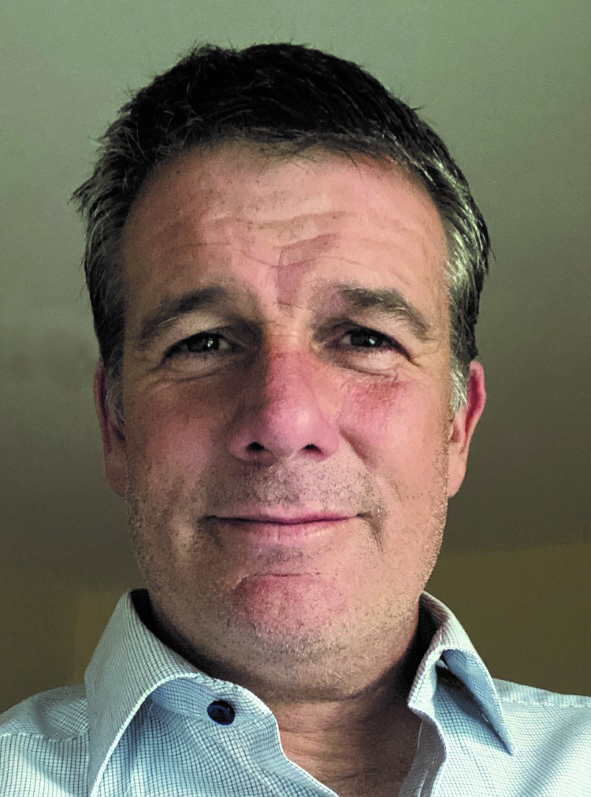
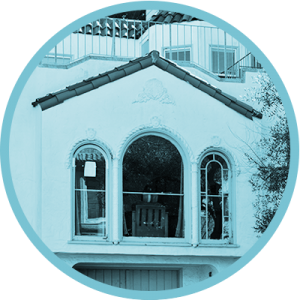

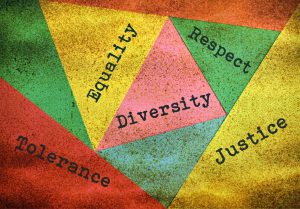 In addition to working closely with city officials, community residents, and community-based organizations on developing long-term policy recommendations to redress systemic racism across its five focus areas—Criminal Justice, Culture & Community, Education, Health, and Wealth/Home Ownership/Housing—the BAALC has been actively involved in current events. In May, the BAALC advocated with Mayor Breed and partnered with District 10 Supervisor
In addition to working closely with city officials, community residents, and community-based organizations on developing long-term policy recommendations to redress systemic racism across its five focus areas—Criminal Justice, Culture & Community, Education, Health, and Wealth/Home Ownership/Housing—the BAALC has been actively involved in current events. In May, the BAALC advocated with Mayor Breed and partnered with District 10 Supervisor 